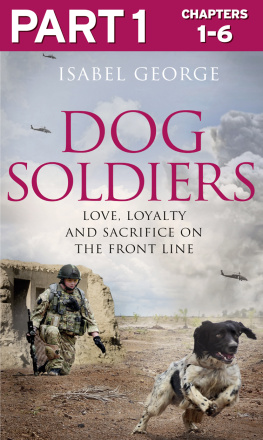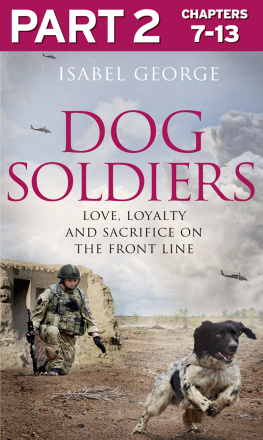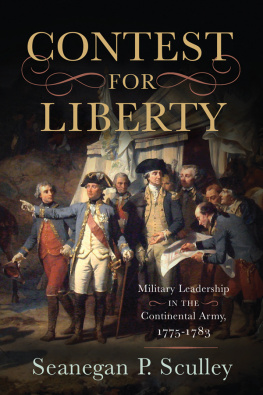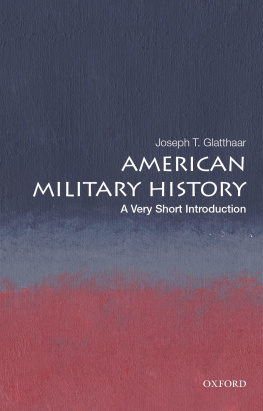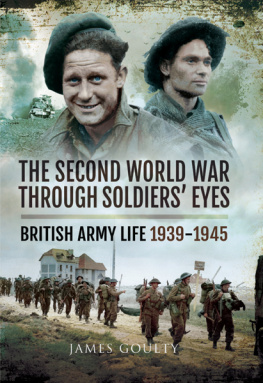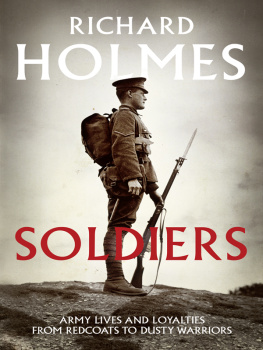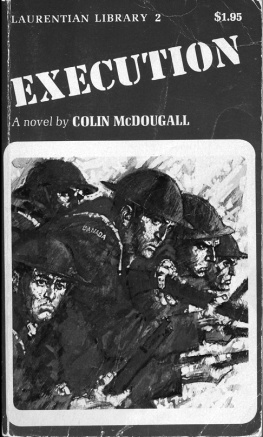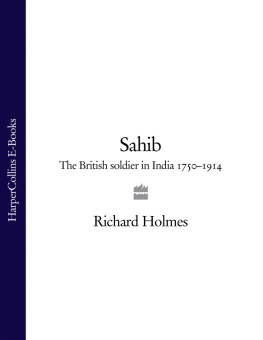ISBN 978-1-59433-158-9
eBook ISBN 978-1-59433-201-2
Library of Congress Catalog Card Number: 2010937310
Copyright 2010 Richard D. Ellmers
First Edition
All rights reserved, including the right of
reproduction in any form, or by any mechanical
or electronic means including photocopying or
recording, or by any information storage or
retrieval system, in whole or in part in any
form, and in any case not without the
written permission of the author and publisher.
Manufactured in the United States of America.
Acknowledgements
My sincerest thanks and gratitude go to Colonel Bob Channon (USA Ret.) and Chaplain Ron Benzing (USA Ret.).
Colonel Channon, a master military historian, who was the original executive officer of the 3rd Airborne Ranger Infantry Company, first kindled my interest in writing by permitting me to contribute to his monumental history of that organization, The Cold Steel Third, upon which I have relied for many of the recollections I needed in this endeavor.
Chaplain Benzing, whom I first encountered in Special Forces, later became my friend and confidant during my visits to his congregation in Garmisch-Partenkirchen, Bavaria, on my vacations and breaks from my last constructive employment teaching in Russia and Kazakhstan. His recent encouragement and willingness to take time out from his pastoral duties at the International Bible Church in Stuttgart, Germany, provided me with the motivation and assistance I needed to complete this book.
Introduction
If God will allow us to wear T-shirts in heaven, like printed T-shirts that will tell people about things we did or who we were, I want mine to say SOLDIER and thats allnothing more.
I guess the first reasonably mature aspiration I ever had was to go to sea, and maybe be a commercial fisherman. The Lord let me do that eventually, and I would still rather do that than most other things I have done, but now I am too old for that. Instead, the Lord led me to the army, where I did manage to become a soldier. And that was what He meant me to be, and that is what I have always been in my heart, even after my short career in the army. Later the Lord had other things for me to do and I became a lawyer. It seemed like a logical progression because I found after Vietnam that many people dislike soldiers some of the time and everybody hates lawyers all of the time.
I also wanted to be an adventurer. My earliest ideas about adventurers came from the ubiquitous cowboy movies of the 1930s that all little boys revered, wherein the good- guy hero, after he finished shooting up the bad guys, would ride off into the sunset, leaving the tearful and beautiful girl behind who would eagerly await his return. In spite of all my mother did to disabuse me of such fantasies, it wasnt until very late in life that I realized that a realistic sequel to those movies would have shown the ranchers daughter quickly wiping away her tears and latching on to the next guy she could find who had money or good chances of acquiring it.
I soon realized that while adventures were great, they came with a price that usually involved being scared, tired, and miserable, and for the most part girls didnt care to participate in them. But nonetheless I persisted because I thought that was the way to become a man. My father, in those times early in marriage when my mother gave him a hard time, would articulate a thought that always stayed with me. Women! he would say, You cant live with them, and you cant live without them. I thought that if that was true, I would try to do without them, at least for awhile, until I had some adventures behind me and had become a man ready to settle down. But alas, when that finally came about it was too late. There were no longer any available women who would tolerate me.
So the long and short of it is now in my declining years I find myself surrounded by mostly younger people who labored under none of the illusions that I did, who have devoted themselves unabashedly to the pursuit of romance and the fairer sex and the comforts of the American dream. Out of empathy or sometimes feigned admiration, they ask me to tell them about my experiences, and some go so far as to tell me I should write a book, and I tell them I dont want to do that. Telling war stories is a vice peculiar to all old soldiers, but its not so bad when we do it at military reunions or memorials amongst our veteran buddies, because they understand that we are telling them to persuade ourselves that in battle we werent always cowards, and we enjoy associating ourselves with the real heroes, most of whom have not survived. And although we may exaggerate, we cannot tell bald-faced lies, as those who have experienced combat would recognize them immediately. Telling such tales without these constraints to nave Americans who have not experienced wars and combat seems to me an obscene indulgence. Particularly so, because I have since learned that a mans greatest adventure should be marriage and parenthood. It takes far more guts and long-term perseverance for a man to become a good husband and father than it does to go to war.
However, now that I am old, inactive, and useless, I feel a compulsion to record some of the events and lessons of life that may be of benefit to others, and to defend and even celebrate the few intelligent decisions that I made during my productive years.
In the years since I left the army I have depended greatly on Christian Radio to keep my head straight and clear of the garbage on TV. I am particularly enamored of the classic long-running radio drama called Unshackled, and I often wonder if an account of my own disturbed adolescence and subsequent life in Christ could be as enthralling and inspirational to others as those radio dramas are to me.
As a military history buff I am also an avid reader of war stories, even though they often disturb and sadden me, but I find most of the stories written by professional journalists repugnant. I must admit that I harbor a prejudice against journalists in general. I know that there is a public prejudice against lawyers, and I live with that knowing that so many of us have earned the publics disdain, and I feel that our contemporary journalists are doing the same. They seem to me for the most part to consider themselves members of the intellectually elite and entitled to impose their politically correct opinions upon the public by any means available, including lies and distortions. Most have never served in the military and would never interrupt their lives and subject themselves to the discipline, sacrifices, and hardships that might entail, but nevertheless they are convinced that their opinions are vastly superior to those of any military leader or professional.
I recently read a Vietnam war story, A Rumor of War, by Phillip Caputo, that did indeed sadden and disturb me, just as the author intended it to do. Although Mr. Caputo has since become a journalist, he in no wise conforms to my disparaging assessment of journalists in general. He opted for a military career as a young man and became a dedicated and capable Marine officer and experienced intense and protracted combat in an unpopular and frustrating war under the worst tropical terrain and weather conditions imaginable. Certainly no one who has experienced war would glorify it, and no one hates wars and the causes and persons that precipitate them more than those who have fought in them, but yet in spite of all our prayers and aspirations war is always with us or threatening us, just as Jesus Christ said it would two thousand years ago. Phillip Caputo seems to attribute the Vietnam conflicts horrors, incredible cruelty, and the moral degradation it imposed upon him to the U.S. government, the Marine Corps and military leaders, and Vietnamese corruption. In doing so he follows a pattern set by many observers and participants in the Vietnam conflict and some of our previous wars as well. I find a stark contrast to this in the writings of Oliver North, who also distinguished himself in combat as a Marine infantry platoon leader in Vietnam, and later went on to become a military aide to the Reagan administration. Like Caputo, his military career was compromised by the very government and leaders to whom he had devoted his allegiance, but North continues to revere and respect his country and the Marine Corps in which he feels he was privileged to serve. I find the contrast thought-provoking.


